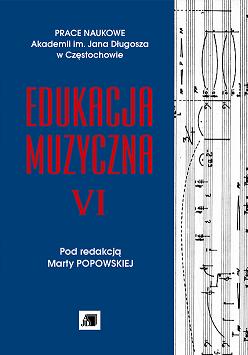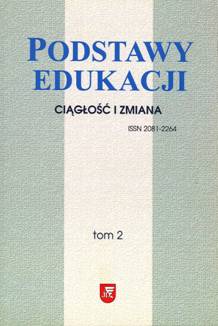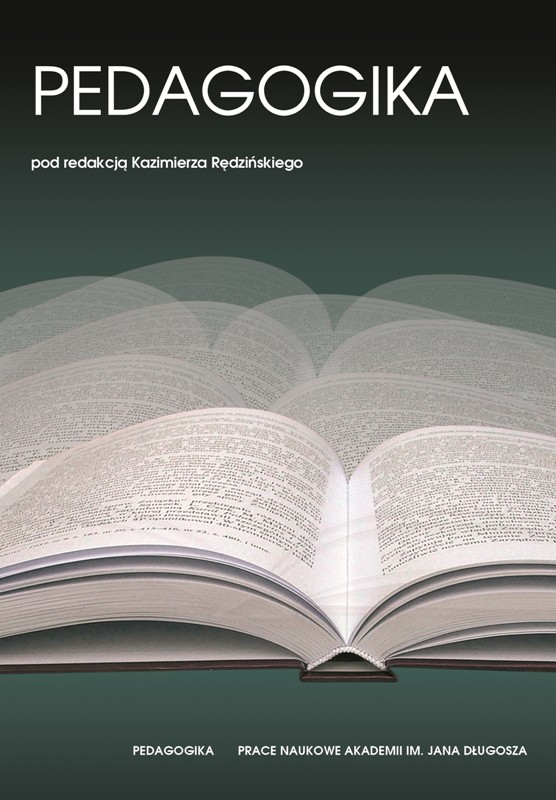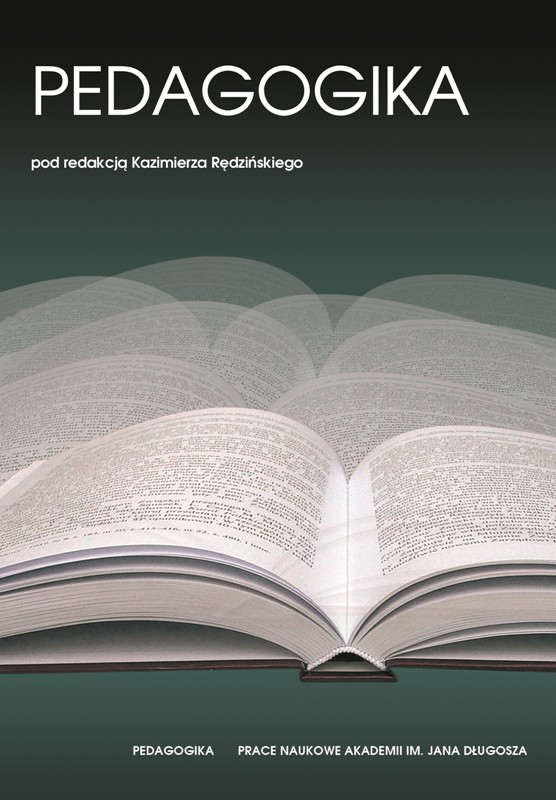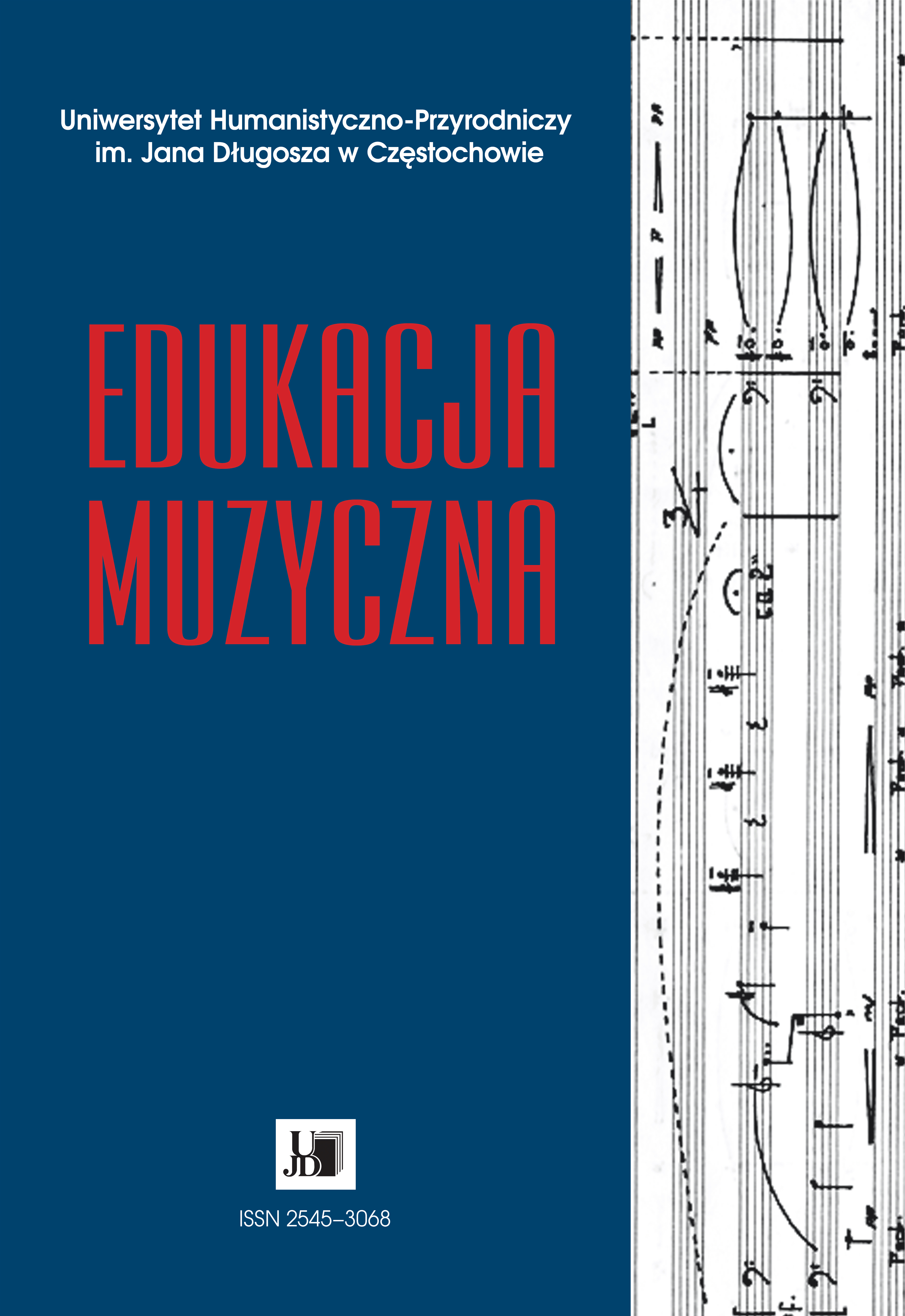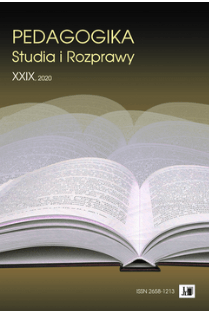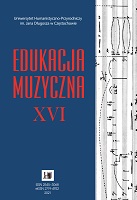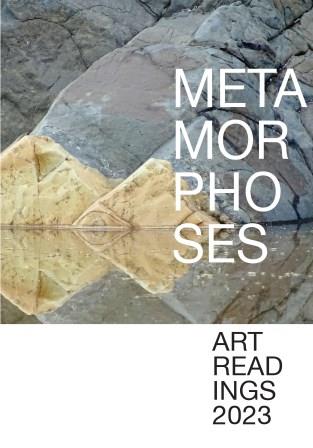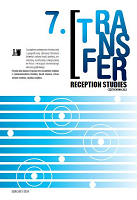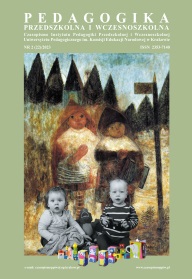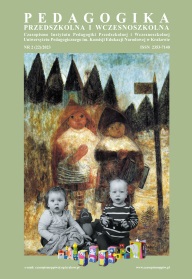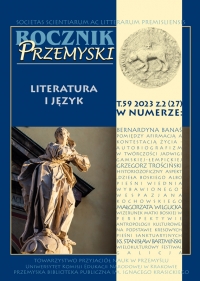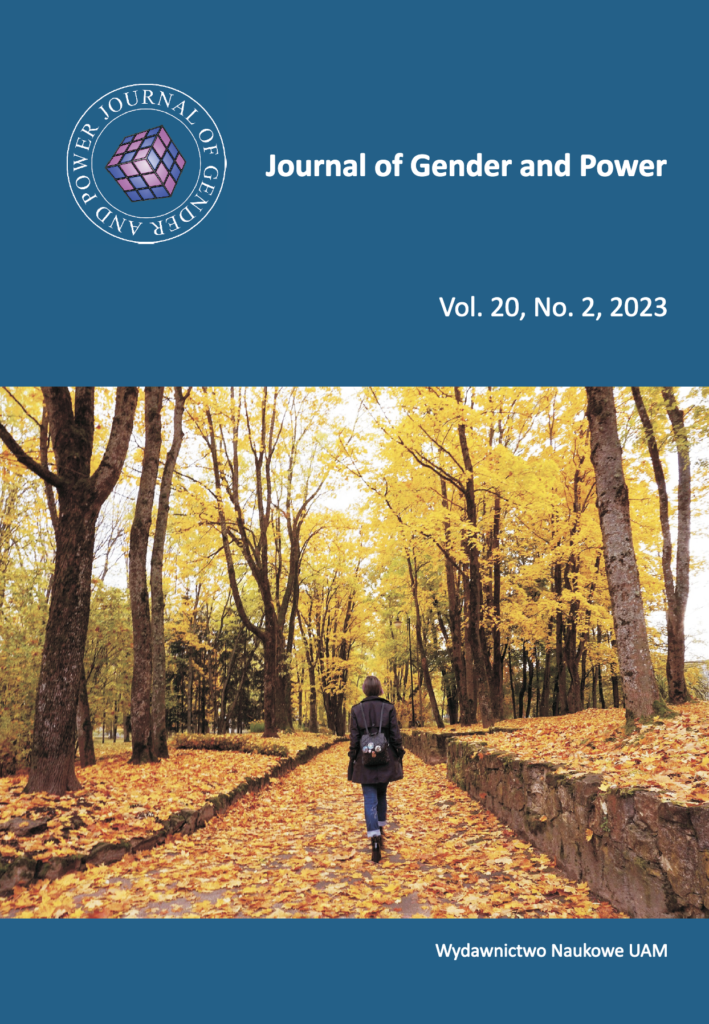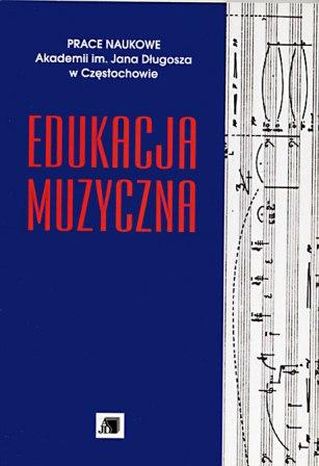
Czy istnieje muzyka słowiańska?
Artykuł jest poświęcony przeglądowi historycznych ujęć problematyki dotyczącej muzyki słowiańskiej. Zasadniczy wątek rozważań dotyczy różnic w traktowaniu pojęcia muzyki słowiańskiej w zależności od przyjętych przez autorów kryteriów geograficznych i geopolitycznych, a dalej – ich stosunku do tzw. ideologii słowiańskiej, jako ruchu wspólnotowego, który jednoczył rozmaite projekty politycznej, ekonomicznej i kulturalnej unii słowiańskiej wewnątrz regionu środkowoeuropejskiego. Tytułowe pytanie: „czy istnieje muzyka słowiańska?”, prowokuje do wyeksponowania w historii owej muzyki momentów, które utrudniały, czy wręcz uniemożliwiały, jej rozwój. Zasugerowane zostały przyczyny owych opóźnień, wynikające głównie z głębokich różnic postaw charakteryzujących poszczególne narody – członków mitycznej słowiańskiej wspólnoty.
More...
